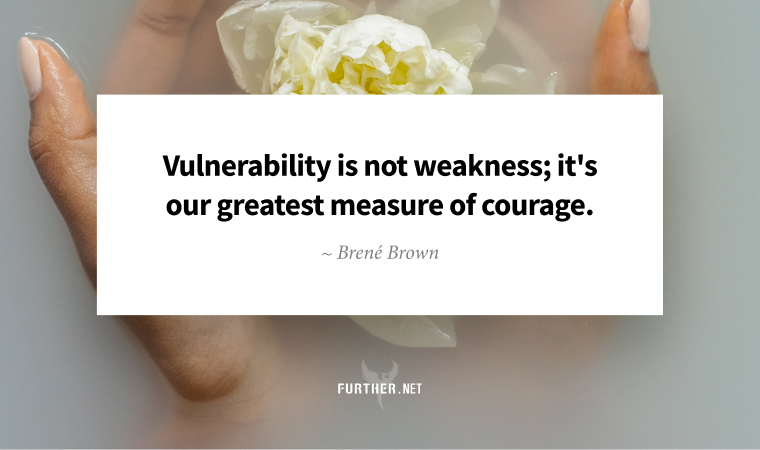
When you grow up at a time of upheaval and change like we did, you often take resilience for granted. But no amount of latchkey-wielding can protect you from this ultimate truth: life is fragile.
Psychologist and author Rick Hanson nails why understanding and accepting this is challenging:
It’s scary and humbling, neither of which people like, to face the underlying frailty of the body, how easy it is for a relationship to go awry, the ways that so many of us are overextended and running on fumes, the rickety underpinnings of the global financial system, the deep fissures within many nations, or the unpredictability and intensity of Mother Nature.
While taking an anti-fragile stance by insisting on thriving in the face of adversity is admirable (and our go-to, thanks to role models like this), it can also backfire. When you’re not open to vulnerability, something else inside you breaks: your ability to enjoy the fullness of life.
A Delicate Balance
As you know, change is the only constant — everything cracks, shatters, or disintegrates at some point. It’s why, for example, the Japanese practice Kintsugi (golden repair), which celebrates imperfections and encourages carrying on.
The trick is to embrace the painful parts and welcome the lessons of impermanence, as Dr. Hanson notes:
…if we don’t recognize fragility, we’ll miss chances to protect and nurture so many things that matter, and we’ll be needlessly surprised and upset when things do inevitably fall apart.
As each dawn breaks into day, you have another chance to witness fragility in action. All you need to embrace vulnerability is to strengthen your ability to pay mindful attention.
Break Down (It’s Alright)
The journey to acceptance begins with a simple break: a tear in your favorite jeans, a leaky roof, a shattered glass.
You don’t even need to destroy anything to notice its fragility — there’s potential in everything ending, including relationships, agreements, and ways of being. The trick, according to Dr. Hanson, is to tap into your feelings and make a crucial connection.
Appreciate that it is the fragility of things that often makes them most precious.
To handle the discomfort, you can remind yourself you have other things to fall back on, like the places that are currently stable. Having compassion for yourself and others struggling with brokenness can also help you accept the frailty of this world.
Plus, all this awareness will help you recognize the flimsy nature of hopes and dreams and remind you that they can be dashed in a second. In other words, stop putting things off.
Because in the end, everything falls apart. Making peace with this reinforces that there’s nothing weak about acknowledging your fragility. In fact, it’s one of the strongest ways to affirm life.
What Is Fragile in Your Life? (Psychology Today)
